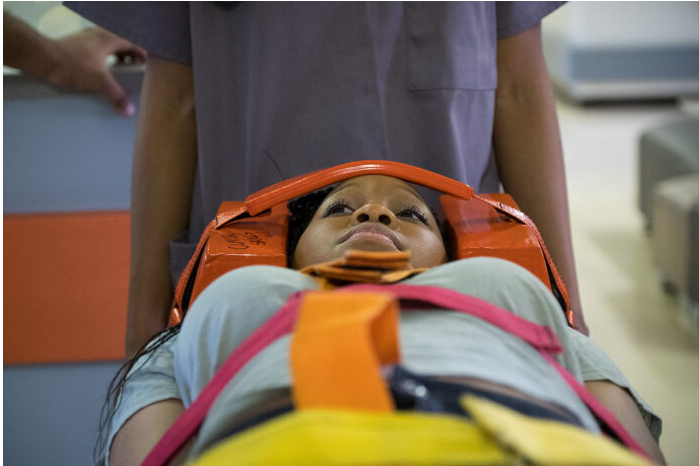Back and neck pain can be debilitating, significantly impacting your quality of life. If conservative treatments like physical therapy, medication, or spinal injections haven’t worked, you might be considering surgical options. One increasingly popular and…
Updates on campus events, policies, construction, and ongoing clinical trials are essential for the community surrounding Washington University School of Medicine. This institution is committed to advancing medical research and education, thus enhancing care for patients across the nation.
A recent initiative aims to address the needs of individuals with spinal cord injuries who experience paralysis from the neck down. More than 5,000 individuals suffer spinal cord injuries annually as a result of accidents or diseases, and while some regain partial movement shortly after the injury, those who do not show early recovery face grim prospects for regaining motor function over time. Responding to this challenge, researchers at Washington University have initiated a phase 2 multicenter clinical trial focused on a promising surgical technique designed to restore hand and arm functionalities.
The clinical trial involves participating medical centers linked to seven universities across North America, including Washington University, Stanford University, and several others. The goal is to assess the effectiveness of surgically rerouting nerves that can potentially restore motor function in individuals who sustained spinal cord injuries in their necks. Previous smaller studies indicated significant improvements in many of the patients treated surgically, lending hope to those affected by such devastating injuries.
Principal investigator Wilson “Zack” Ray, MD, who holds positions in neurosurgery, biomedical engineering, and orthopedic surgery at Washington University, emphasizes the significance of restoring hand and arm function for individuals with quadriplegia. Many express a desire to regain motor control over their arms and hands as it significantly impacts their independence. Improved motor function allows for greater autonomy and the ability to perform everyday activities such as eating or using a cellphone.
In prior phase 1 trials, results varied among participants, with some experiencing profound enhancements while others saw minimal gains. The current phase 2 trial aims to refine the understanding of which patients are most likely to benefit from the surgical procedure. Funded with a $3.5 million grant from the U.S. Department of Defense, the trial will enroll 70 eligible individuals who experienced a spinal cord injury in the last three years and who have shown no recovery in the past three months.
Participants will undergo surgery to attach a healthy nerve segment above the injury site to nerves below it that link to muscles controlling the hand and arm. Following surgery, patients will engage in regular physical therapy sessions for two years. Researchers intend to measure the participants’ progress at six-month intervals, focusing on improvements in their ability to extend and turn their arms and grip with their hands. The comprehensive data gathered is expected to help identify optimal timing for surgical intervention, the types of injuries that respond best to the procedure, and other influential factors.

